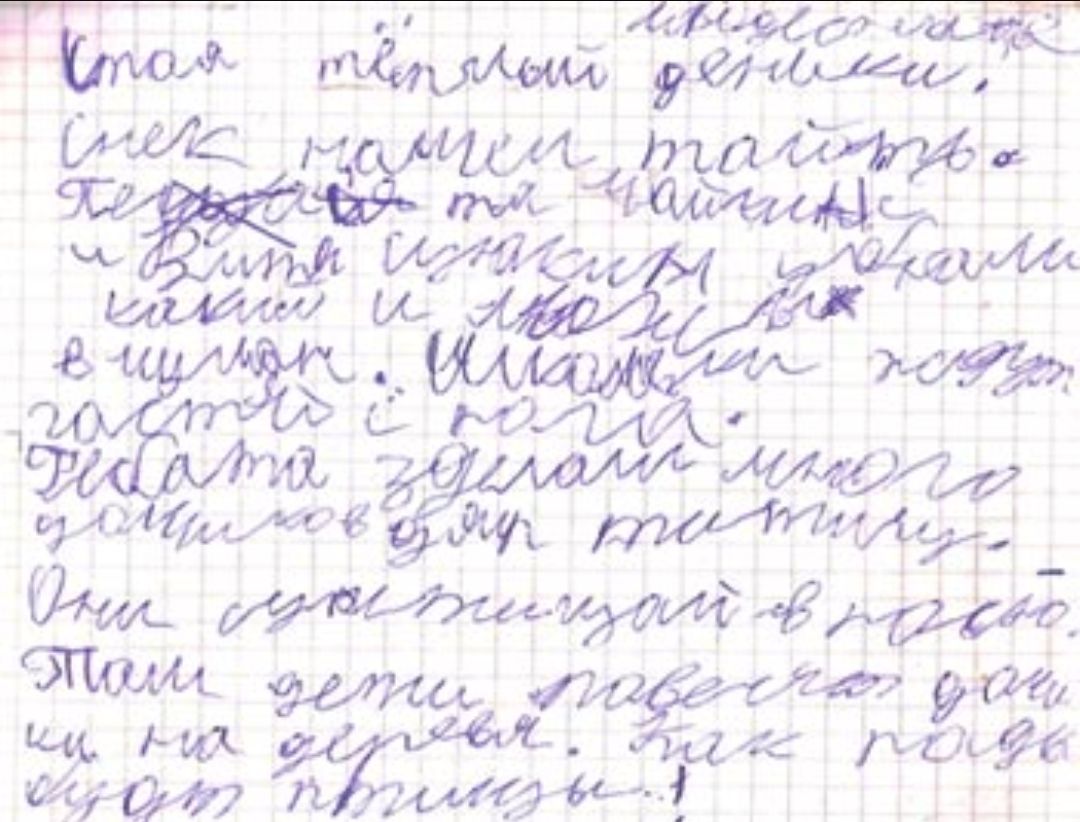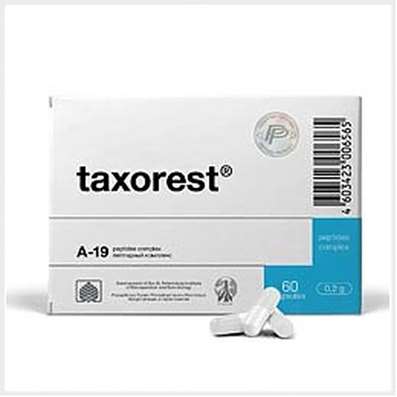Dysgraphia
11 Jul 2018
Irlen Syndrome - dyslexia, dysgraphia , dyspraxia, dyscalculia, dysphasia, or hyperactivity.

Disgraphy is better to prevent at an early age, without waiting for problems in the second or third grade, and the child will have a disgust for learning. It is necessary to look at both for the child, closely observe the process of mastering written speech:
1. if the child attended a speech therapy kindergarten;
2. if there was a delay in speech development in 2-3 years;
3. if the child has problems with memory and attention;
4. if the child is left-handed or retrained left-handed;
5. if the child had head injuries;
6. if the violations of sound have not been corrected by the age of seven.
Diagnostics of the dysgraphy
By what signs can you guess that the child has dysgraphia? First of all - if he admits mistakes when writing a letter ... let's say, weird. They are not related to the violation of grammar rules. Under these errors, it is impossible to find the rules. Errors are in completely innocent words, the writing of which does not allow ambiguity.
A child may not add words, insert extra letters or skip them.
The rule knows, but in practice it can not apply.
But this child is not bad, not stupid, he is very nice. It's just hard for him to write. Only special exercises and self-confidence can help.
Often, the dysgraphs have very poor handwriting - small or very large, illegible. The child is hard to observe the line, the words come to the fields, one against another, slide off the line or suddenly fly over it, the word free birds. Also, young dysgraphists do not finish the endings. They can write in a mirror, turning over the letters, they may not add individual elements of the letter or add extra ones.
When a child is just learning to write, he can still have such strange mistakes at the very beginning of learning, but they quickly come to naught. A dysgrafic very slowly learns a literate letter. It creates the feeling that he is uncomfortable to write, he does not like to do it. And indeed it is. Often the schoolchild seems terrible itself the volume of what you need to learn, read, write. And when for failures they also scold, then their hands completely fall.
When oral speech suffers, everything is clear, you need a speech therapist. When writing suffers - it takes ... what? Severe punishment for lack of diligence? Or "you just need to learn better," as liberal-minded parents say?
Sometimes it's better to teach. And sometimes - and teach, and a little treat. In general, you will have to turn to a speech therapist (yes, and with a written speech too), so that he can figure out if an early logopedic help is needed. Some parents are very surprised when at school they are advised to check with a speech therapist. And even more surprised when a speech therapist advises to work out. And in any case, do not use the belt and other medieval ways to influence the person. Another speech therapist speaks the word - dysgraphy, which means a disorder of written speech.
It is better not to immediately deal with all the problems. You have to choose one - and focus on it. For example, a child confuses b-n, d-t, and also mixes prepositions with prefixes. If you take it all at once - the amount of work can scare. But if you try to cope only with the b-n, and then draw the attention of the student, that, say, there are fewer mistakes, then you can awaken enthusiasm. And then the struggle for universal literacy will go much more fun.
Speech therapist will be able to determine if there are logopaedic problems after three years, five years and before the school itself, which then will be augmented with dysgraphia, if necessary, will advise special classes. A neuropsychologist and neuropathologist can join a speech therapist.

 Cart
Cart





